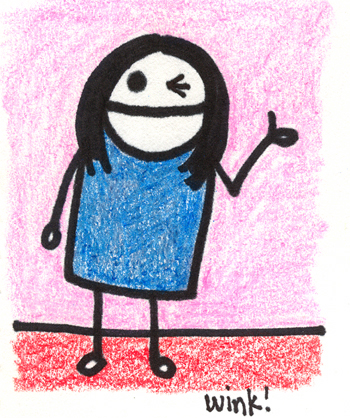There has been a lot written about social capital & trust - however I have come across comparatively little that discusses how we come to trust people and how we then continue to trust them (or not). My suspicion is that the decision to trust someone (& I am stealing this from someone else, possibly Dave) is Kleinian rather than Classical. Rather than comparing the attributes of an individual against certain weighted criteria ("hmmm, a 6.4 on the speaking nicely but a 2.3 on the shifty eyes") we make a first fit pattern match based on their identity. Out of the people I have met before, who is this person like and did I trust them? This match will be contextual - i.e. if we are dealing with a volvo-driving estate agent then the patterns we look for may depend on whether we are buying a house or a car.
This implies a few things:
- No one has just one identity. Therefore we may try to use one trusted identity to promote an unknown one (e.g. "we play golf together & you trust me then, how about buying your computers from my business"). However that transfer is not automatic (e.g. I may trust my friend with my life in a car - but not under the knife in an operating theatre).
- The more diverse our experiences of dealing with particular kinds of people, the better our decisions should be regarding their trustworthiness as the more robust & complete our patterns will be.
- Our feelings on meeting people can be a reliable guide as to their trustworthiness (as we experience our pattern recognition as intuition) - but how reliable depends on the robustness of our patterns.
- An awareness of the strengths & weaknesses in our pattern repertoires can improve our decision-making. One way of compensating for a lack of experience on our own part is to draw on the experiences of others ("I dunno, with your experiences in snake charming, what do you think of her python control claims?")

Image Source: Natalie Dee
P.S. Kim has an interesting post on trust where this thoughts first emerged.



No comments:
Post a Comment